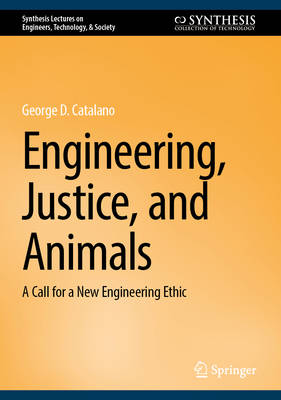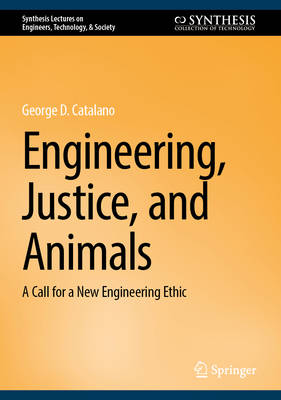
- Retrait en 2 heures
- Assortiment impressionnant
- Paiement sécurisé
- Toujours un magasin près de chez vous
- Retrait gratuit dans votre magasin Club
- 7.000.0000 titres dans notre catalogue
- Payer en toute sécurité
- Toujours un magasin près de chez vous
Description
Moving forward into the 21st century, the distinction between living systems and machines is rapidly eroding, this in turn has led to the birth of a new discipline in engineering: synthetic biology engineering. Synthetic biology engineering is a multidisciplinary field that combines principles from biology, chemistry, computer science, and engineering to design and construct new biological parts, devices, and systems. It enables the intentional design and manufacture of living cells and biological processes to create new products. Engineers in this field aim to redesign organisms for useful purposes, allowing them to perform complex tasks.
While engineers and scientists in the field of synthetic biology are increasingly aware of the ethical challenges posed by their work, they are ill-prepared to deal with the actual dilemmas of conscience that continue to arise. The purpose of this text is to address the lack of professional ethical training for 21st-century engineers who will be developing devices at the intersection of engineering and biology. The book introduces a design algorithm that will give engineers the opportunity to consider their work in the context of a living world, one filled with life forms, many of which exhibit behaviors not far different than our own.
The author's approach in developing the design algorithm incorporates a sense of collective responsibility to the animals with whom we share this planet and capabilities, including bodily health and integrity, emotions, play, and control over one's environment. The design algorithm can be applied to specific cases in order to fully explore the matters of conscience that engineers confront in the 21st century.
Spécifications
Parties prenantes
- Auteur(s) :
- Editeur:
Contenu
- Nombre de pages :
- 113
- Langue:
- Anglais
- Collection :
Caractéristiques
- EAN:
- 9783032135575
- Date de parution :
- 15-04-26
- Format:
- Livre relié
- Format numérique:
- Genaaid
- Dimensions :
- 168 mm x 240 mm

Seulement chez Librairie Club
Les avis
Nous publions uniquement les avis qui respectent les conditions requises. Consultez nos conditions pour les avis.







